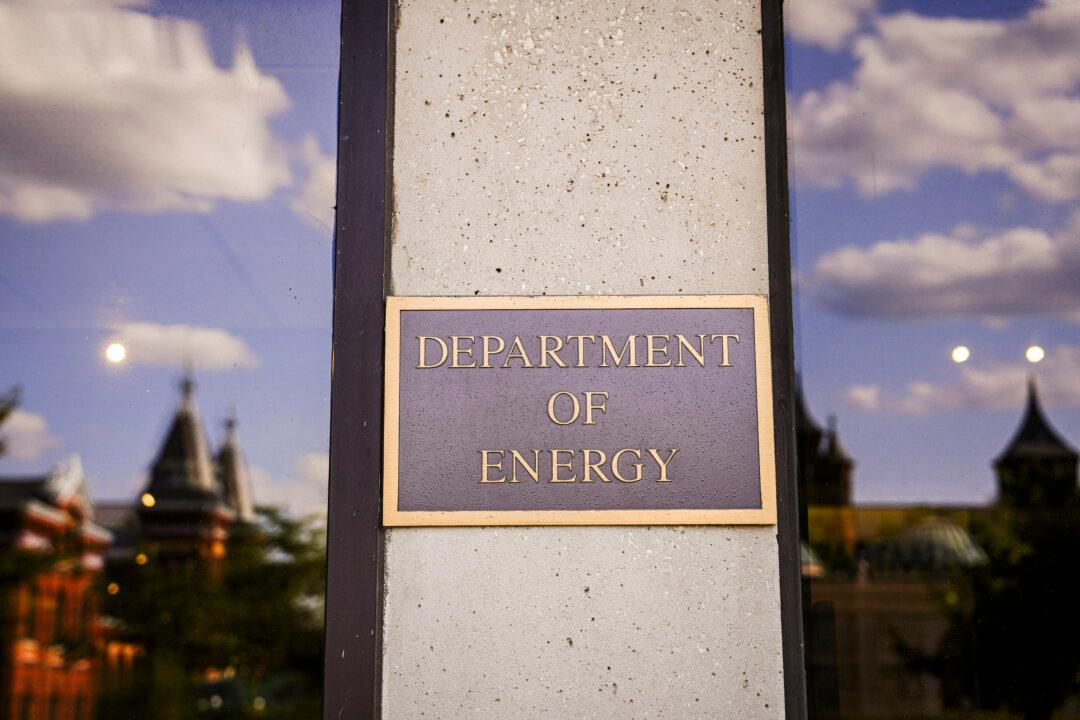The rapid expansion of a federal lending program aimed at supporting green energy projects poses “tremendous risk” to taxpayers, according to a report from the Office of the Inspector General (OIG) for the Department of Energy (DOE).
The report, released on Nov. 25, outlines significant concerns about the DOE’s Loan Programs Office (LPO), which uses taxpayer funds to support green energy projects that often lack access to private financing because traditional lenders and investors are deterred by unproven technologies, uncertain market potential, or high up-front costs associated with these initiatives.





